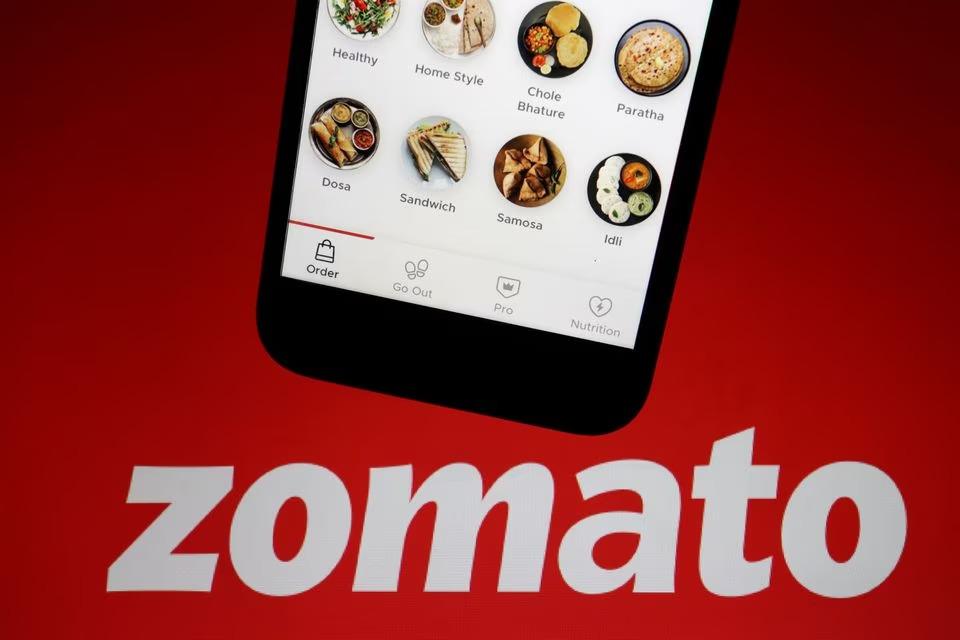Sebi on Wednesday proposed limiting the number of subordinate units that can be issued by REITs and InvITs as well as ensuring uniformity in the granted rights of such units.
Sebi, in a consultation paper issued on Wednesday, has also made suggestions related to changes in terms and conditions of the subordinate units by the Real Estate Investment Trusts (REITs) or Infrastructure Investment Trusts (InvITs) post-issuance.
The consultation paper has additional proposals for the proposed framework for issuance of subordinate units by REITs and InvITs.
In December last year, Sebi had sought public comments on the framework for issuance of subordinate units by REITs and InvITs to sponsor, their associates and sponsor group.
The issuance of subordinate units is primarily intended to bridge the valuation gaps that may arise as a result of difference in the valuation of an asset perceived by the sponsor (asset transferor) and the REITs/ InvITs (and/or its investors/unitholders).
On the additional proposals, the Securities and Exchange Board of India (Sebi) has sought public comments till January 31.
In the consultation paper issued in December, the regulator proposed that subordinate units can be issued only to the sponsor, its associates and sponsor group. Such units should carry only inferior voting as compared to ordinary units and the units can be issued to the eligible entities in the initial offer or in any offering subsequent to the initial offer.
Now, Sebi has proposed the specification of a ceiling on the extent of subordinate units that can be issued.
“The amount of subordinate units that can be issued at the time of acquisition of an asset (real estate asset/infrastructure project by a REIT/InvIT, respectively) shall not exceed 10 per cent of the acquisition price of the asset,” Sebi said.
Further, at any point in time, the total number of outstanding subordinate units should not exceed 10 per cent of the total number of outstanding ordinary units.
Also, the regulator has suggested to provide clarity on the nature of inferior rights which the subordinate units may carry. Accordingly, it has proposed that subordinate units should be limited to having either inferior voting rights, inferior distribution rights, or a combination of both.
Outlining the options regarding the rights associated with subordinate units, Sebi suggested three possibilities whereby subordinate units can have neither distribution nor voting rights.
Alternatively, subordinate units may have inferior distribution and voting rights, limited to 10 per cent compared to ordinary units.
Further, there is an option for a combination of both, specifying a range (floor and cap) for the extent of inferior distribution and voting rights allowed for subordinate units compared to ordinary units.
To bring uniformity in the nature of rights conferred by the subordinate units, Sebi has proposed to provide that inferior rights on all subordinate units issued by a REIT/InvIT should be similar and there should not be multiple classes of subordinate units.
The terms and conditions, related to issuance of subordinate units, are mutually agreed between the asset seller (the sponsor) or its associates/group entities and the asset buyer (the REIT/InvIT) at the time of acquisition of the asset. These terms and conditions include the performance benchmarks for reclassification.
Since the terms and conditions are mutually agreed upon by two parties at the time of asset acquisition, Sebi said that allowing changes to these terms in the future would be imprudent, as it could disrupt the certainty of the sale transaction by introducing retrospective effects, thereby impacting the agreed-upon conditions between the involved parties.
Given the anticipated extension of the entitlement date for meeting performance benchmarks, the proposal suggests disallowing any alterations to the terms and conditions of subordinate units after their issuance.
First Published: Jan 10 2024 | 11:26 PM IST
Note:- (Not all news on the site expresses the point of view of the site, but we transmit this news automatically and translate it through programmatic technology on the site and not from a human editor. The content is auto-generated from a syndicated feed.))



